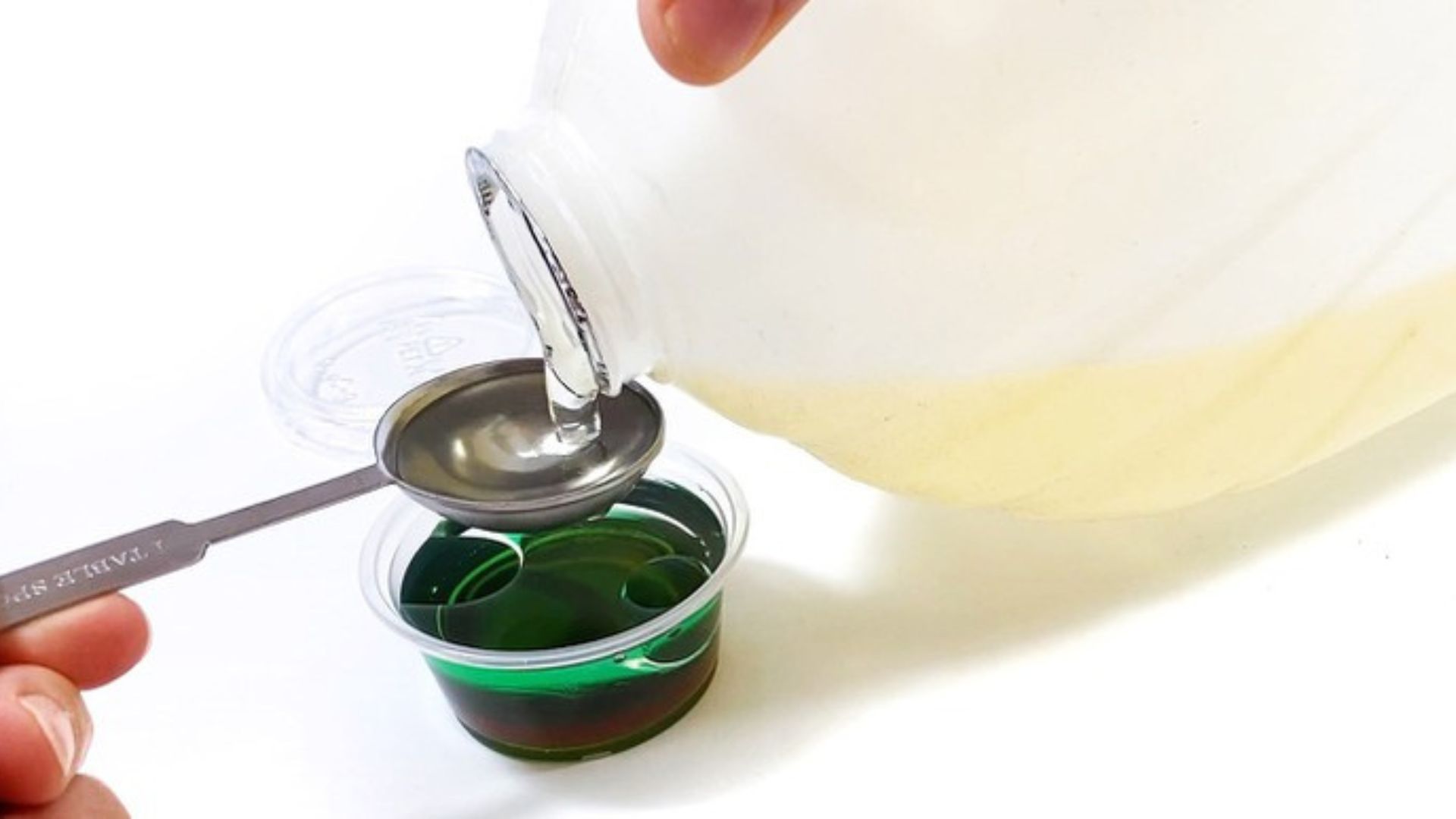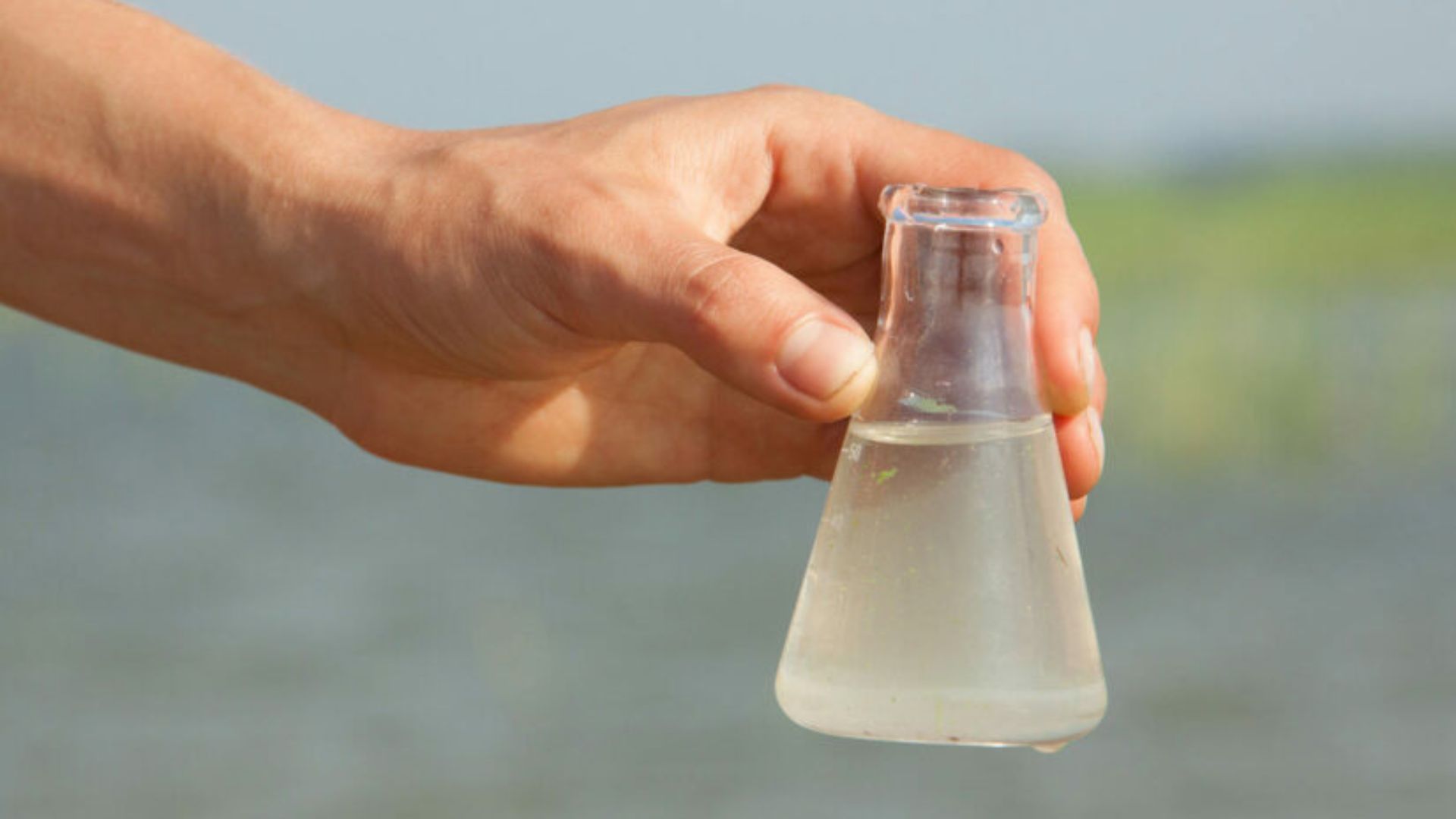Liquid chemicals are everywhere in our daily lives, from the water we drink to the cleaning products we use. Understanding how these chemicals behave is essential for safety and effective use. This article will explore the behavior of liquid chemicals, focusing on key properties like viscosity, density, solubility, and volatility. We will also discuss factors that influence these behaviors and the importance of proper handling.

Behavior of Liquid Chemicals
Viscosity: The Thickness of Liquids
Viscosity is a measure of how thick or thin a liquid is. For instance, honey has a high viscosity, making it thick and slow to pour. In contrast, water has low viscosity, which is why it flows easily. Viscosity is crucial in many industries, such as food production, where the thickness of sauces and syrups matters. It’s important to note that temperature can affect viscosity. As liquids heat up, they generally become less viscous and flow more easily.
Density: Mass in a Given Volume
Density is another critical property of liquid chemicals. It refers to the mass of the liquid in a specific volume. For example, oil is less dense than water, which is why it floats when the two are mixed. Understanding density is essential for tasks like mixing liquids or understanding buoyancy in fluids. In the chemical industry, knowing the density of different liquids helps in separating and layering them correctly.
Solubility: Mixing Liquids with Other Substances
Solubility is the ability of a liquid to dissolve other substances. For example, sugar dissolves easily in water, making it highly soluble. However, oil and water do not mix well because oil is not soluble in water. This property is vital in cooking, cleaning, and even in making medicines. Solubility can be influenced by temperature, with warmer liquids generally dissolving substances more easily.
Volatility: The Tendency to Evaporate
Volatility is how easily a liquid can evaporate. Some liquids, like alcohol, evaporate quickly because they are highly volatile. This property is important in products like perfumes and cleaning agents. Volatility also affects how liquids are stored; highly volatile liquids need to be stored in sealed containers to prevent evaporation.
Factors Affecting Liquid Chemical Behavior
Several factors can influence the behavior of liquid chemicals. Temperature is a significant factor; for instance, heating a liquid can reduce its viscosity and increase its volatility. Pressure is another factor that can change how liquids behave. Increased pressure can raise a liquid’s boiling point, making it less likely to evaporate at lower temperatures.
Safety Considerations
When dealing with liquid chemicals, safety is paramount. Understanding their behavior helps in handling them correctly. For example, knowing that a liquid is volatile means it should be stored in a sealed container to prevent evaporation and potential hazards. Proper storage and handling also prevent accidents like spills, which can be dangerous and environmentally harmful.
Environmental Impact
Liquid chemicals can have a significant impact on the environment if not managed properly. Spills and improper disposal can contaminate water sources and soil, affecting wildlife and human health. It’s crucial to follow guidelines for disposing of chemicals and to use spill containment measures when handling them.
Conclusion
In summary, understanding the behavior of liquid chemicals is crucial for both safety and effective use. Key properties like viscosity, density, solubility, and volatility play a significant role in how these liquids interact with their environment. By paying attention to factors like temperature and pressure, we can manage these chemicals better. Always remember to handle liquid chemicals safely and dispose of them properly to minimize environmental impact.




